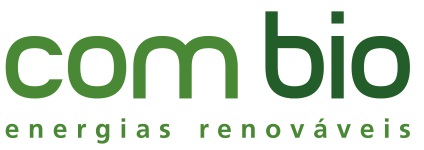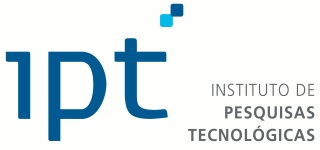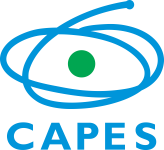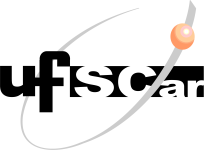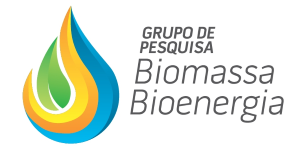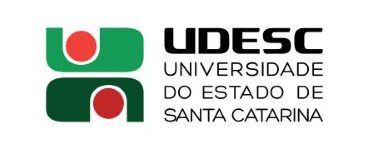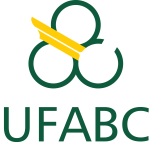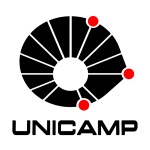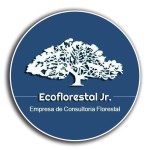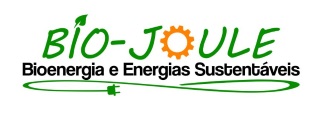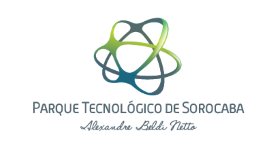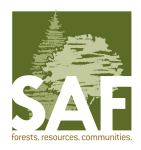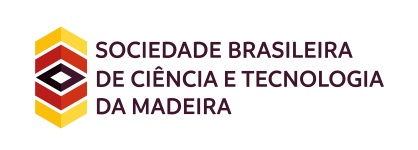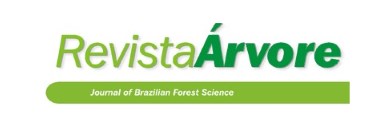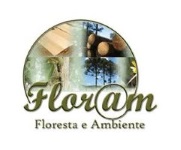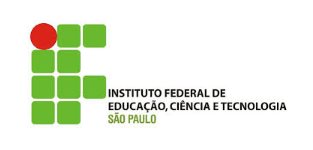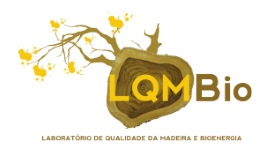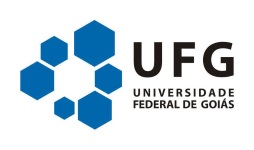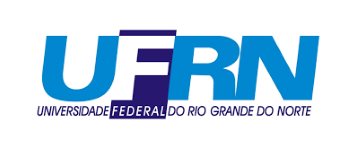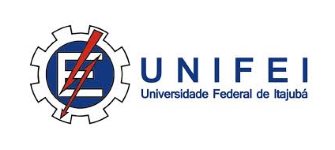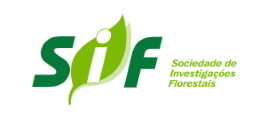Privatization in Electricity Sector: Experience in Argentina
Note: Mini-course only in Spanish.
The course will focus on the dilemmas that present the economic regulation of public services and the transportation and distribution segments, taking as a case study the analysis of the privatization process in Argentina.
The course will analyze the evolution of the regulatory process before and after the 2002 macroeconomic crisis and will analyze the regulatory dilemmas in the emergency periods and their subsequent challenges. The development will be carried out taking as border conditions the regional experience in the sector.
Speaker:
Mg. Andrés Di Pelino
Bachelor’s in economics, University of Buenos Aires. Master in Energy, UBA. Professor of Regulation of Public Services, UB. Adjunct Professor of Microeconomics, UBA and UB. He is a former director of the Commission of Economy of the Argentine Institute of Energy "General Mosconi". Researcher at the Center for Studies in Economics and Energy Management (CSEEM), UBA. Lecturer and moderator in seminars, round tables and colloquia in the field of energy. Participate in resales of companies and companies related to the provision of public services, among others, Transportadora Gas del Norte, Metrogas, Autopistas do Sol, OCCOVI, ENARGAS and Nucleoeléctrica Argentina.
RESEACHER TRAINING AND WRITING HIGH IMPACT ARTICLE
Aim:
Develop and / or improve writing for the English language, including the design, preparation and writing of scientific authors.
Justification:
The growing number of students enrolled / graduated in postgraduate courses in the country has done with the number of scientific publications of the students be used as an important criterion and their assessments. The proficiency test currently adopted by most postgraduate courses is not indicative of which students will be able to disseminate their work by writing scientific articles in a foreign language, a task that sometimes sharpens the advisor. In this new discipline, we propose the development of techniques for scientific writing in English, through theoretical and practical practices, in which students and staff are professionals with their own results.
Content:
- The importance of scientific dissemination, types of scientific dissemination, elaboration and writing of scientific articles in English; style and grammar of scientific writing in English. - Summary of conclusions and discussions, conclusions and references. - Language: Analysis of the main language problems involved in the writing of scientific authors. - Computational tools to support writing.
Speaker:
Prof. Dr. Valtencir Zucolotto
He is a Full Professor at the Institute of Physics of São Carlos - IPSC of the University of São Paulo (USP), where he coordinates the GNAN Nanomedicine and Nanotoxicology Group / IFSC / USP. He was an Affiliate Member of the Brazilian Academy of Sciences (BAS). He is president of the commission of the Scientific Writing Portal of USP São Carlos Member of the Deliberative Council of the Brazilian Association of Scientific Editors (BASE). He holds a degree in Materials Engineering from the Federal University of São Carlos (1997), a master’s Degree in Materials Science and Engineering from the Federal University of São Carlos (1999) and a PhD in Materials Science and Engineering from the University of São Paulo (2003). Internship at the University of Massachusetts in Lowell, USA (2000-2001). He has been a Visiting Professor at Joseph Fourier University, Grenoble, France, in 2010. He has experience in Nanotechnology and Development and Application of Nanomaterials in Medicine, acting in our products: Nanomedicine, Development of Nanomaterials for Diagnosis and Therapy, Polymers, Automation, Biosensors, and nanocomposites. He has developed and ministered annually the Postgraduate course in Scientific Writing Techniques in English. Develop DVDs and Online Courses on Scientific Writing and teach mini-courses on how to write scientific articles and scientific publishing in various universities in Brazil and abroad. He has published over 160 articles in international journals and 14 book chapters. He has more than 3000 citations and factor H 32. He is associate editor of the Journal of Biomedical Nanotechnology and Editor of the Nanomedicine and Nanotoxicology (Springer) Series of Books.
Characterization of biofuels for energy purposes
Note: Short-course taught only in Portuguese
With the increase of energy consumption in the world, the search for alternative sources has become more intense. The use of biofuels and industrial wastes, mainly from the agro-industry, are attractive alternatives for using renewable materials with low environmental impact.
The verification of the potential from biofuel as an energy source is made through the characterization of the material, providing information on the chemical and physicochemical properties to establish its technical viability. The purpose of this short course is to present some standard methods and their importance for characterization of the following materials:
- Solid biomass (cane bagasse, straw, forest residue, etc.)
- Wood
- Ethanol
- Biodiesel
- Bio-oil (Pyrolysis)
- Charcoal
- RSU (Urban Solid Waste)
Speakers:
Jorge Luis Dias dos Santos
Holds a degree in Industrial Chemistry from the Oswaldo Cruz College (2008) and a Masters Degree in Industrial Processes from the Institute of Technological Research of São Paulo (2014), 19 years experience in the Petrochemicals and Biofuels area, R & D project manager, quality, chemical and physico-chemical characterization in biomass, forest residue, industrial waste, charcoal, biodiesel, ethanol, bio-oil, RSU and validation of methodologies. Currently works at the Technological Research Institute of the State of São Paulo.
Ligia Antunes Almagro Alves de Souza
Holds a degree in Chemical Engineering from the Engineering College of the Armando Álvares Penteado Foundation. Master in Environmental Technology, with emphasis on Mitigation of Environmental Impacts, by the Technological Research Institute of the State of São Paulo. Currently a researcher at the Technological Research Institute of the State of São Paulo. Has experience in the area of Paints, Fuels and Lubricants, acting in the following subjects: fuels, lubricants, biofuels and biomass.
